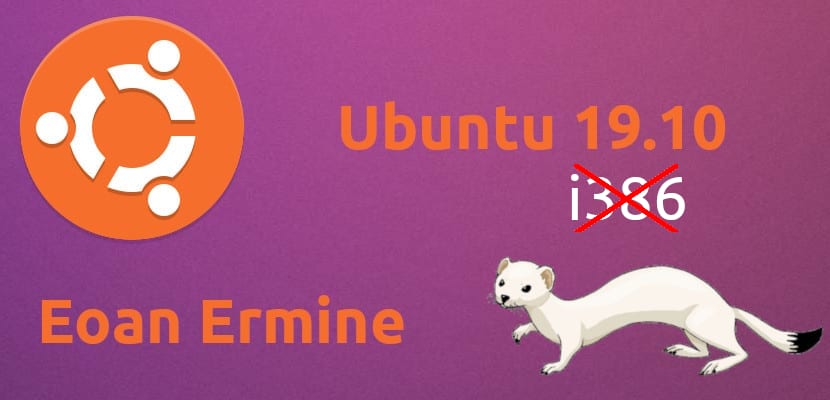
A few days ago a colleague reported here on the blog about the recent decision what the developers have taken Canonical to completely remove support for 32-pack delivery bits starting with the next Ubuntu version.
And not only that, this decision affects, no matter how optimistic it was where it only applied to Ubuntu, it was not like that, since in the first instance happens to affect all ecosystems that are based on it, from the official flavors such as Kubuntu, Xubuntu, Lubuntu, etc, as well as derivatives of this, say Linux Mint, Zorin OS, Puppy Linux, etc.
As many of you will know, Canonical dropped 32-bit imaging for Ubuntu, now, the Ubuntu developers made the decision to complete the end of the architecture life cycle in the distribution.
En Ubuntu 19.10 this version will no longer have the possibility of having the packages with i386 architecture in the repository.
Wine will not be supported on Ubuntu 19.04 if Canonical drops support for 32-bit packages
After the statement released by the Ubuntu developers, to stop focusing their efforts on the creation and maintenance of 32-bit packages.
The developers of the Wine project responded to this warning Canonical that Ubuntu will have issues delivering Wine for Ubuntu 19.10, in the event that support for 86-bit x32 systems were discontinued in this release.
By deciding to drop support for 86-bit x32 architectures, Ubuntu developers were hoping to ship a 64-bit version of Wine or use a 32-bit version in a container based on Ubuntu 18.04.
The problem is that the 64-bit version of Wine (Wine64) not officially supported and contains a large number of uncorrected bugs.
Apt requires the versions of the i386 and amd64 packages to match or it will refuse to install them, so unless changes are made, users of 19.10 and above will not be able to install the 32-bit libraries they need to run Wine, a unless the users themselves make the decision to go back to Ubuntu 18.04.
Since current versions of Wine for 64-bit distributions are based on Wine32 and require 32-bit libraries.
Generally, in 64-bit environments, the required 32-bit libraries are shipped in multiarch packages, but in Ubuntu it was decided to completely stop the creation of such libraries.
Wine developers immediately rejected the idea of an instant package and they threw it in a container as this is just a temporary fix.
The downside to doing that is that we will spend a lot of time explaining to users that 64-bit Wine will not run 32-bit programs, no matter where we collect that information.
It is observed that the 64-bit version of Wine will have to be brought into its proper form, but this will take time.
In addition, many of today's Windows applications continue to ship only in 32 versions Bit and 64-bit applications are often shipped with 32-bit installers (to handle installation attempts on Win32), so the 32-bit version of Wine continues to evolve as the main one.
For a long time, Wine64 was positioned only as a tool for running Win64 applications, not for running 32-bit programs, and this feature is reflected in many articles and documentation.
Meanwhile Steam also faced similar problems, many of the games in the catalog of which are still 32-bit.
Valve intends to support the 32-bit runtime for the Linux Staem client on its own.
Although Wine developers do not rule out the possibility of using this runtime to send 32-bit Wine to Ubuntu 19.10, before the 64-bit version of Wine is ready, so as not to have to double work and join forces with Valve in maintaining 32-bit libraries for Ubuntu.